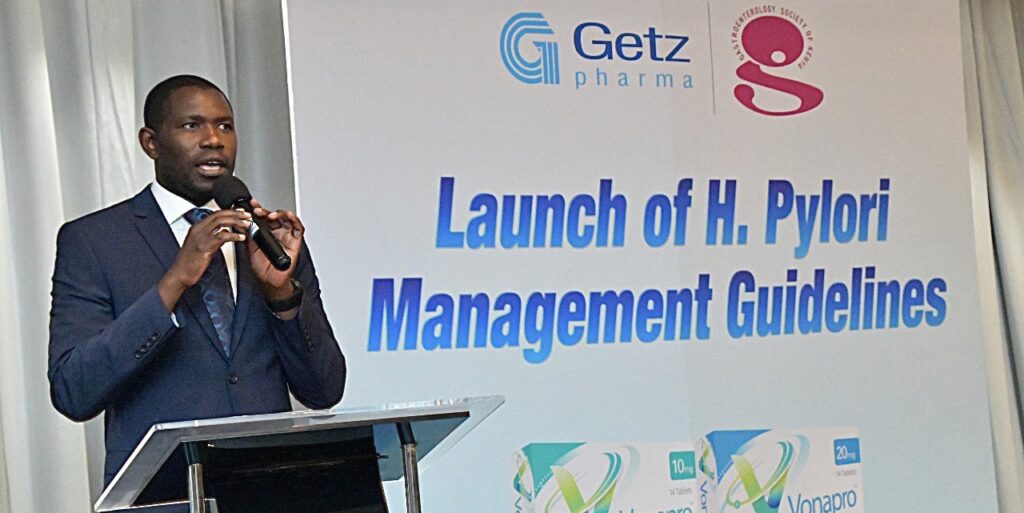Kenya has introduced national guidelines for the diagnosis and treatment of Helicobacter pylori (H. pylori) infections, signaling a major step toward standardizing care and improving gastrointestinal health outcomes. The announcement was made during the fourth edition of the Gastroenterology Society of Kenya’s biennial conference in Nairobi.
The guidelines, developed by the Gastroenterology Society, are in the final stages of review and are expected to be formally adopted by the Ministry of Health. They offer a national framework for managing H. pylori infections based on scientific evidence and global best practices.
In outlining the country’s broader health reform agenda, officials emphasized the importance of a resilient health system grounded in evidence, sound administration, and effective regulation. A central component of the reforms is the transition to domestic resource mobilization through the Social Health Authority (SHA), which will pool health funds for more efficient service delivery.
The establishment of a Benefits and Tariffs Advisory panel is another key reform, aimed at aligning expenditure with service delivery priorities and ensuring value for investment in healthcare.
Strengthening the health workforce remains a critical focus, with ongoing investment in training institutions, research, and equitable deployment of skilled professionals. Additionally, reforms at the Kenya Medical Supplies Authority (KEMSA) are underway to ensure a steady supply of affordable, quality-assured medical commodities across the country.
Digitization of the healthcare system is also being prioritized. The Ministry is rolling out end-to-end digital infrastructure to improve tracking of commodities, staff deployment, and service delivery, thereby enabling data-driven decisions and optimized resource use.
The Nairobi GI Training Centre (NGTC), based at Kenyatta National Hospital, continues to play a pivotal role in gastroenterology education and research. Accredited by global organizations, the centre has trained more than eight gastroenterology fellows and maintains exchange programs with institutions in Japan, India, and Egypt.
This year’s gastroenterology conference attracted international experts from Asia, Europe, and Australia, highlighting Kenya’s growing stature in specialized medical care. A notable highlight was the launch of Africa Live Endoscopy, a pan-African platform to support innovation, live training, and knowledge-sharing among gastroenterology professionals.
Kenya is positioning itself as a regional hub for medical training and innovation, underscoring its commitment to quality, accessible, and equitable healthcare for all.

